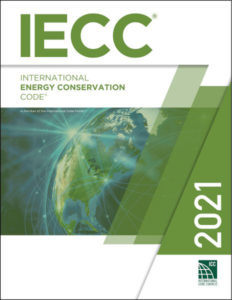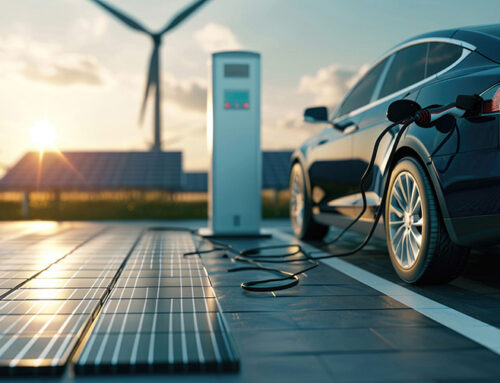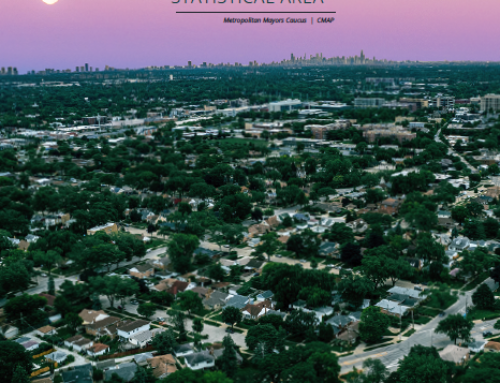 Over a year ago, we asked you to vote on building code improvements that would increase the energy efficiency of commercial and residential buildings. Because governmental members of the International Code Council (ICC) turned out in record numbers to support energy efficiency, the 2021 International Energy Conservation Code (IECC) will be the most efficient model code to date. Commercial and residential building efficiency will increase by 8-14% over the 2018 code, and carbon emissions will be cut by 50 million metric tons (MMT) by 2030. Thank you for your role in this success.
Over a year ago, we asked you to vote on building code improvements that would increase the energy efficiency of commercial and residential buildings. Because governmental members of the International Code Council (ICC) turned out in record numbers to support energy efficiency, the 2021 International Energy Conservation Code (IECC) will be the most efficient model code to date. Commercial and residential building efficiency will increase by 8-14% over the 2018 code, and carbon emissions will be cut by 50 million metric tons (MMT) by 2030. Thank you for your role in this success.
However, a challenge has emerged to the democratic process used to develop energy codes. The ICC is proposing to use a shortened process to develop the IECC without input from local government officials who administer the code. Municipalities are needed to oppose this change and advocate to continue the current code development process that allows governmental members to vote.
Please provide written comments to express your views to memberinput@iccsafe.org by 7 p.m. CT on Monday, Jan. 11th. All written comments received by the deadline will be posted on the Code Council website and can be viewed in the Written Comments section.
Here are some thoughts about the proposed change that you may want to include in your email message to memberinput@iccsafe.org.
- We urge the ICC to continue the current process in developing the IECC code, which allows local government officials to vote on updates. Our local government officials are knowledgeable on how the code is administered, so it is crucial that they are involved in the decision-making process. Code officials vote with the public’s interest in mind, rather than financial interests.
- We do not understand the purpose of disenfranchising the voices of thousands of ICC governmental members, when the process as it stands has clearly been successful at developing a strong and relevant final code.
- If this moves forward, government officials will have little control over the substance of the energy code, to the detriment of the cities and states that rely on the IECC as a crucial policy tool. Buildings are responsible for more than two-thirds of carbon emissions in the Chicago region and we need robust energy conservation codes to achieve a zero-carbon economy by 2050. Governmental officials understand that and have used their votes in favor of efficiency, innovation, and a better future for all. The ICC Board must not silence their voices.
- It’s highly likely that the consensus committee charged with developing ‘standards’ will be made up of members with a vested financial interest in the code. There’s no guarantee whatsoever that local government will be represented on the committee.
- There has been no assurance from ICC that the code will not be immediately rolled back and made less efficient—which we know some stakeholders want. Builders have made proposals in every recent code development cycle that would reduce the efficiency of the code. The governmental voting members have always soundly rejected those proposals, but this process would not contain those kinds of checks and balances.
If you would like to get more involved, you may also participate in the ICC Board of Directors meeting on Thursday, Jan. 21st, at 11 a.m. CT.
- To provide verbal testimony: Register to participate in the Jan. 21st meeting here by 7 p.m. CT Monday, Jan. 11th. The ICC asks participants to read the protocols for participation before registering.
- To listen only: Register to listen to the live stream of the Jan. 21st ICC Board of Directors meeting here.
If you have questions about the process, please contact Mike Pfeiffer, ICC Senior Vice President of Technical Services, at mpfeiffer@iccsafe.org.
Please let Director of Environmental Initiatives Edith Makra at emakra@mayorscaucus.org know if you choose to participate in the hearing or if you are able to comment.




